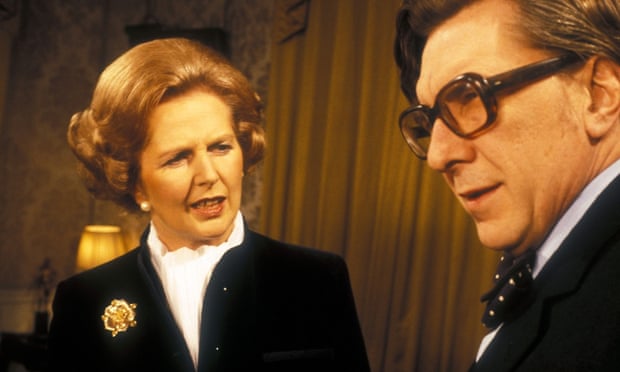
The 1970s and 1980s were a tumultuous time that tested the BBC severely. The 70s were characterised first by an apprehension of national decline and inertia, and then a panicked disorder. Yet by the mid-80s Britain was being remade at a furious pace on a new model, as an ebullient, get-rich-quick culture emerged. The Conservative government attacked, and yet in the last instance also protected, the Corporation.
The BBC had for decades helped to define Britain, yet by the late 80s, the Corporation was all too often the story, vulnerable to new commercial and political models, its capacity to exercise political balance tested by three Conservative election victories. Old sentimental certainties fell. Traditional restraints on the power of the British government appeared no longer to work.
Because state papers, previously closed, have now become available, it is possible to see the BBC in this era in a clearer light – its triumphs, its mistakes, the political assaults made on it and how it survived them. The Corporation inevitably got things wrong. It did not always question its own ideas or the conventions of the moment enough. It became defensive and arrogant. But when it blundered, the British people could demand that it try harder – which was part of its glory, because it was “ours”.
More
The BBC had for decades helped to define Britain, yet by the late 80s, the Corporation was all too often the story, vulnerable to new commercial and political models, its capacity to exercise political balance tested by three Conservative election victories. Old sentimental certainties fell. Traditional restraints on the power of the British government appeared no longer to work.
Because state papers, previously closed, have now become available, it is possible to see the BBC in this era in a clearer light – its triumphs, its mistakes, the political assaults made on it and how it survived them. The Corporation inevitably got things wrong. It did not always question its own ideas or the conventions of the moment enough. It became defensive and arrogant. But when it blundered, the British people could demand that it try harder – which was part of its glory, because it was “ours”.
More
No comments:
Post a Comment